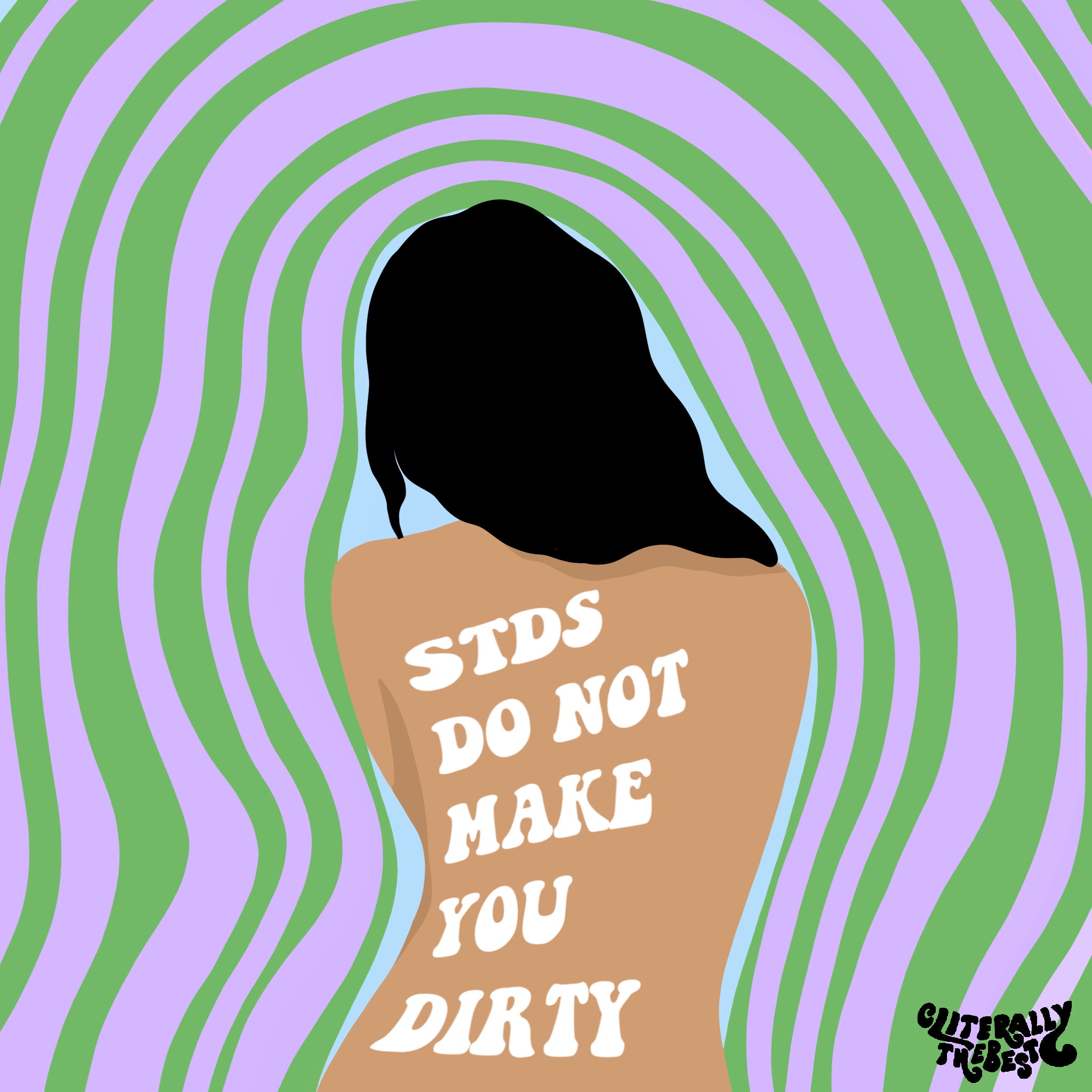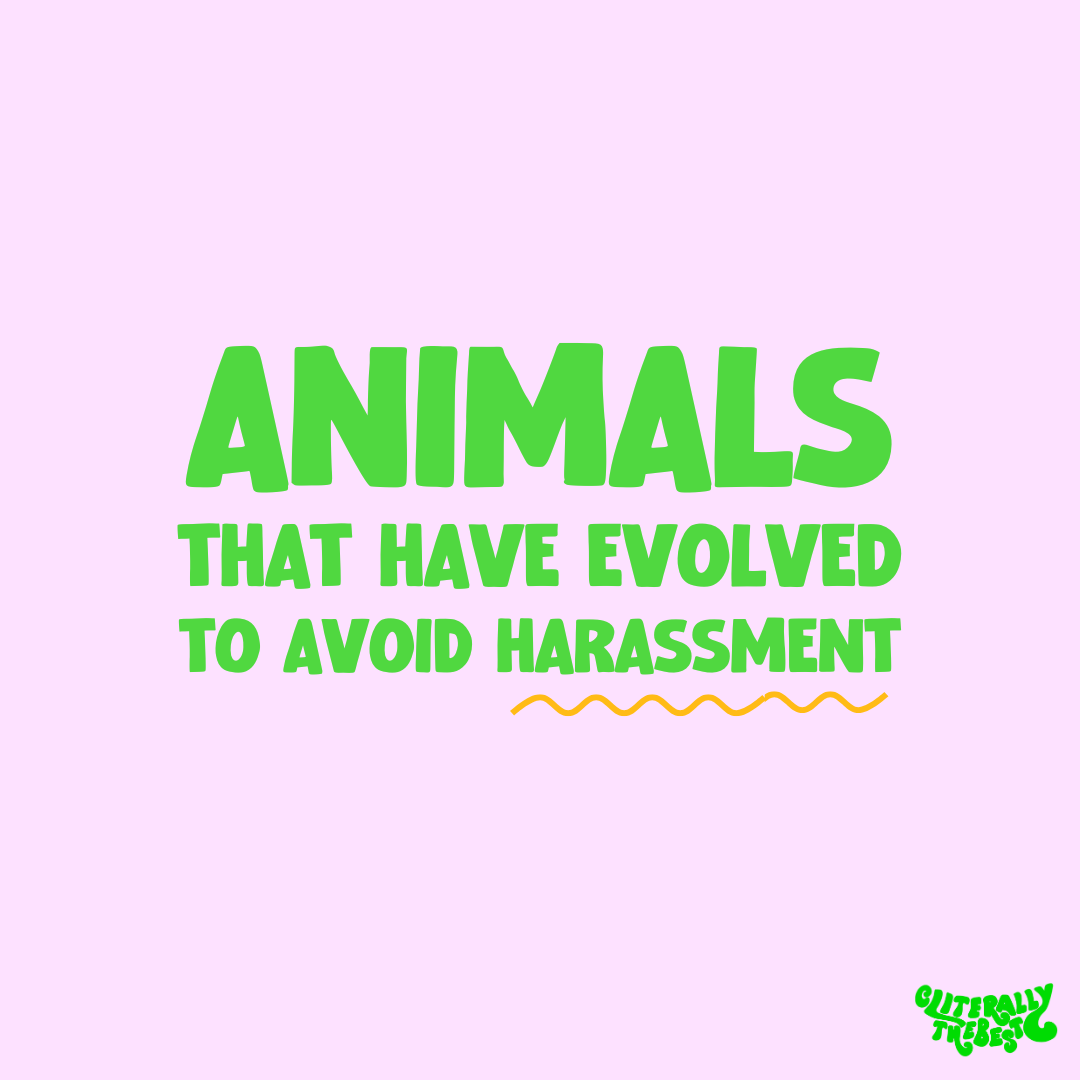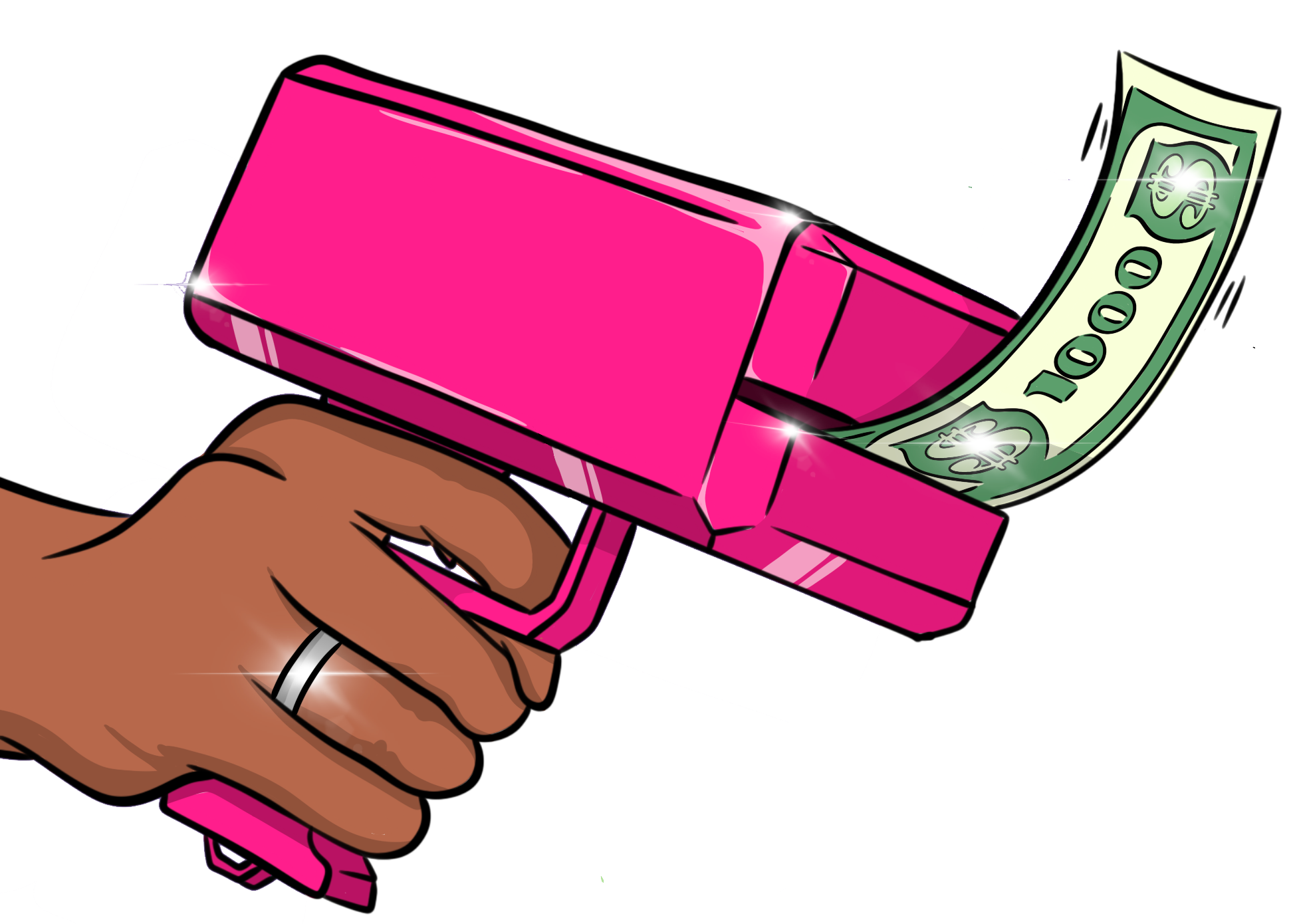What is Psychosexual Therapy?
Sex therapy/psychosexual therapy is much more than helping marriage problems, and it can benefit all of us!
Therapy, in general, can get a bad wrap. A lot of us think it’s only for people with ‘problems’ but I believe it's something we should all do (if we can afford it) and only good things can come from talking about your feelings.
Psychosexual therapy aims to help you work through your relationship and sexual issues in a judgement-free and safe way. It’s important to highlight that it is talking-based therapy and does not involve touch, ever.
We all face obstacles when it comes to our intimate and sexual parts of our lives - it's much more common than you may think.
Here are some common issues sex therapists can help you with!
FUN FACT: I am currently training with COSRT to become a Psychosexual Therapist and will be accepting clients in the near future.
Issues a Sex Therapist can help you with...
Sexual Function
♡ Erectile & Ejaculation issues.
♡ Inability to Orgasm.
♡ Low Sexual Desire & Arousal.
♡ Painful Sex (May include: Dyspareunia, Vaginismus, Endometriosis, FGM, Penile pain).
♡ Infertility.
♡ Sexual Trauma or Abuse.
♡ Sexual Health Concerns.
♡ Compulsive Sexual Behaviour (used to be known as sex addiction)
Relationships
♡ Conflict Management.
♡ Relationship Check-in / Maintenance.
♡ Infidelity & Trust issues.
♡ Improving Intimacy, Connection, Communication & Sex.
♡ Mismatched Desire.
♡ Mismatched Sexualities or Experience.
♡ Loss & Grief within a Relationship.
♡ Amicable break-up.
GSRD (Gender, Sexual & Relationship Diversity)
♡ Gender dysphoria.
♡ Questioning your sexuality or orientation.
♡ Monogamy & Non-Monogamy relationship styles.
♡ Kink, Fetish + Paraphilias.
♡ Exploring your Erotic Identity.
♡ Sex Education.
♡ Erectile & Ejaculation issues.
♡ Inability to Orgasm.
♡ Low Sexual Desire & Arousal.
♡ Painful Sex (May include: Dyspareunia, Vaginismus, Endometriosis, FGM, Penile pain).
♡ Infertility.
♡ Sexual Trauma or Abuse.
♡ Sexual Health Concerns.
♡ Compulsive Sexual Behaviour (used to be known as sex addiction)
♡ Conflict Management.
♡ Relationship Check-in / Maintenance.
♡ Infidelity & Trust issues.
♡ Improving Intimacy, Connection, Communication & Sex.
♡ Mismatched Desire.
♡ Mismatched Sexualities or Experience.
♡ Loss & Grief within a Relationship.
♡ Amicable break-up.
♡ Gender dysphoria.
♡ Questioning your sexuality or orientation.
♡ Monogamy & Non-Monogamy relationship styles.
♡ Kink, Fetish + Paraphilias.
♡ Exploring your Erotic Identity.
♡ Sex Education.
Psychotherapy vs Counselling
The terms Psychotherapy and Counselling are often used interchangeably but they are different. This can cause us to be disappointed if we go for counselling and expect a psychotherapy approach and vice versa.
COSRT’s definitions of the two are:
“Psychotherapy can be properly used to indicate long-term treatment where you deal with psychological issues that have built up over a long time. You’ll tackle what is affecting you now by exploring your past, and how experiences, patterns of thinking and behaviour affect the way you interact with the world.
You’ll try to find the root cause of issues, rather than trying to manage them. Sometimes you will focus on yourself a lot, looking at questions of identity and belief.
Counselling on the other hand is most often used to refer to time-limited treatment focused on specific issues and behavioural patterns. You’ll usually agree to a set number of planned sessions at the outset of your therapy, with one or more set goals. Because there is a limit to the time, counselling will often be quite structured with planned sessions.
When in counselling you might look at problem-solving or learning techniques to cope with or avoid problem areas. Think of it as an approach that encourages the change of behaviour, looking at what is happening to you right now. For example, trying to tackle addiction or grief.”
Find Your Therapist
The difficulty with counselling and psychotherapy is that there is no legal regulation. This means that people can call themselves sex therapists with very little training.
This is why it’s so important to research your therapist and their background before agreeing to sessions.
Below are the registered governing bodies for psychosexual therapists - anyone not on this list in the are not registered sex therapists👇
Common Sex Therapy FAQs
What do I do if I can't afford a Sex Therapist?
Will my sex therapist touch me?
No, your therapist will NEVER touch you or your partner.
You will NEVER be asked to take off your clothes or engage in sexual acts during therapy.
A sex therapist may set intimate tasks for you to do at home, but never in session.
If this happens, please report immediately.
Do I need to go to the doctor first for sexual function issues like ED?
Sometimes it’s best to consult a doctor, in order to exclude potential underlying physical issues.
But if you choose to see a sex therapist first, they can help you understand where your problems lie and if see if seeing a doctor is best first.
The Sex Positive Blog
Keep Learning...

Condom & protection excuses (debunked) & their comebacks
Some people avoid using condoms, either because they think they don’t need them or they just don’t want to use them. However, condoms are essential as they are the only contraceptive method that pr...

Animals that have evolved to avoid harassment
A recent study from the University of Exeter explores how females in various species show their "sexual quality." Typically, males in the animal kingdom flaunt more striking features than femal...

Did you know? Kelloggs was created to try and stop masturbation?
In the 18th and 19th centuries, folks around the world got pretty worked up about the idea of self-pleasure. While masturbation wasn't exactly smiled upon in Judeo-Christian beliefs, the strict m...

Managing Sexual Side Effects of Antidepressants: Your Guide to Feeling Like Yourself Again
Discover practical tips for managing sexual side effects of antidepressants in this friendly guide. Learn how to communicate with your healthcare provider, explore lifestyle modificati...










